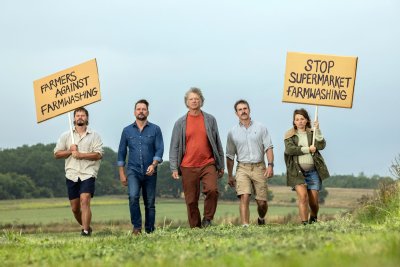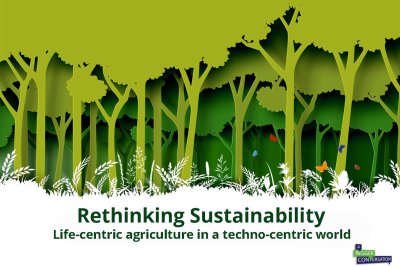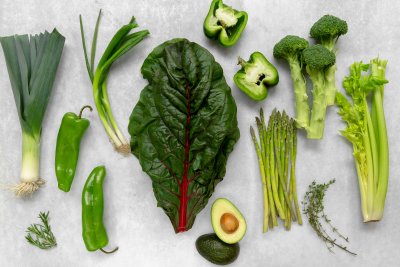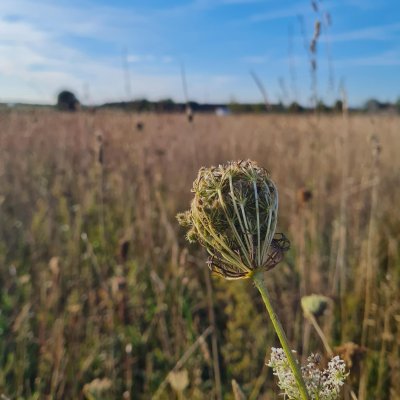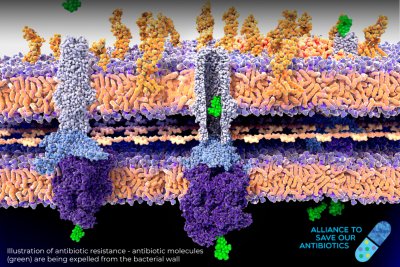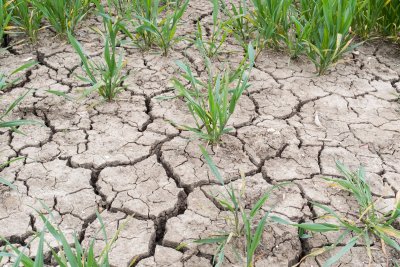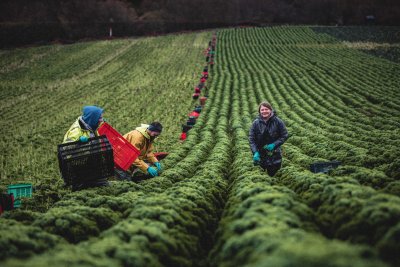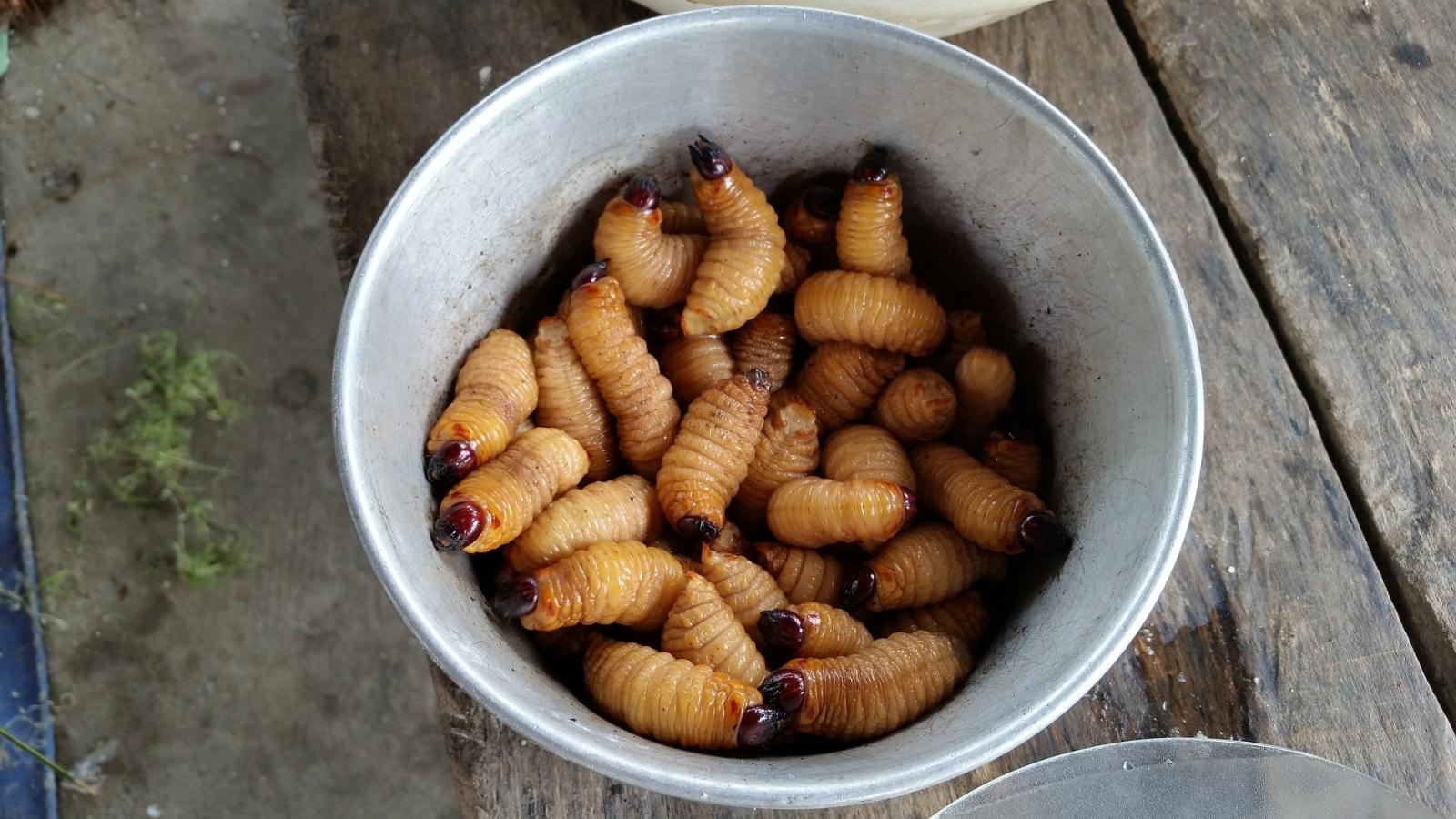 Grubs in a bowl. Photo credit: Pixabay
Grubs in a bowl. Photo credit: Pixabay
Farming insects is often touted as a sustainable solution to feeding more people. However, Swedish researchers have warned that there is an “overwhelming lack of knowledge” on basic questions such as suitable species, their housing and feeding requirements, managing their waste and that ensuring that escaping insects do not wreak havoc on the ecosystem. Unless such issues are studied and discussed in a critical manner, “we risk creating an industry that replaces one environmental problem with another,” they wrote in the journal Trends in Ecology & Evolution.
Insects emit fewer greenhouse gases and less ammonia than cattle or pigs and require significantly less land and water than cattle, according to the United Nations' Food and Agriculture Organization (FAO).
Speaking with the Thomson Reuters Foundation, Asa Berggren, a conservation biologist at the Swedish University of Agricultural Sciences and the paper's co-author said that there are many unanswered questions:
"Are we going to use fossil fuels for heating and cooling the facilities (where insects are grown)? What about transportation? One of the biggest threats to both natural systems and production systems the world over is invasive species. What happens if insects are accidentally released in a country to which they are imported? Insects are tiny and they get out. We don't believe it's good enough to just switch from some species to another.”
Sustainable Food: What you can do - and ask others to do - to help make our food and farming system fit for the future.
Sustain
The Green House
244-254 Cambridge Heath Road
London E2 9DA
020 3559 6777
sustain@sustainweb.org
Sustain advocates food and agriculture policies and practices that enhance the health and welfare of people and animals, improve the working and living environment, promote equity and enrich society and culture.
© Sustain 2024
Registered charity (no. 1018643)
Data privacy & cookies
Icons by Icons8
